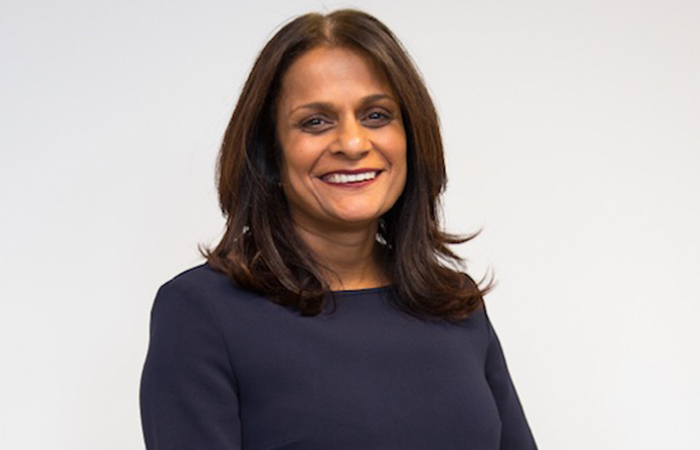
Mandatory gender pay gap reporting is a great start to highlighting the issue of inequality in the workplace. But simply reporting statistics will not lead to transformational change. Real change can only happen when organisations embrace diversity in its fullest sense.
For too long, we have lacked ambition and action when it comes to increasing diversity in the workplace. Statistics published by the Financial Conduct Authority (FCA) in October 2017 on the decrease in number of black, Asian and ethnic minority (BAME) members of its senior leadership team show that simply introducing name-blind or age-blind recruitment is not enough. We need a significant cultural overhaul.
Organisations should not only be required to report gender pay gaps; they should report on broader diversity data. Chief executive officers (CEOs) that look at their leadership teams and see reflections of themselves, white males of a similar age, should consider whether their diversity policies are simply words on a page.
It is not just about the reporting of statistics. It is about what the act of being forced to do it can lead to. Schroders became the first FTSE 100 company to go public with its remuneration report and uncovered a 31% gender pay gap. However, it also took this opportunity to publicise its diversity strategy, identifying where the gaps were most acute, and where it had already started to make progress.
Reporting on diversity data makes good business sense too. A 2015 report by McKinsey, Why Diversity Matters, found that ethnically diverse companies are 35% more likely to outperform their peers. By going public sooner rather than later, organisations can identify, expose and address their shortcomings, helping to position them ahead of the competition.
There are countless reasons why we need to promote diversity in the workplace, and reporting on broader diversity pay data is a vital piece of the puzzle. Organisations which make this a priority, rather than waiting to be told to do it, stand to benefit hugely.
Rita Trehan is chief capacity officer at Rita Trehan